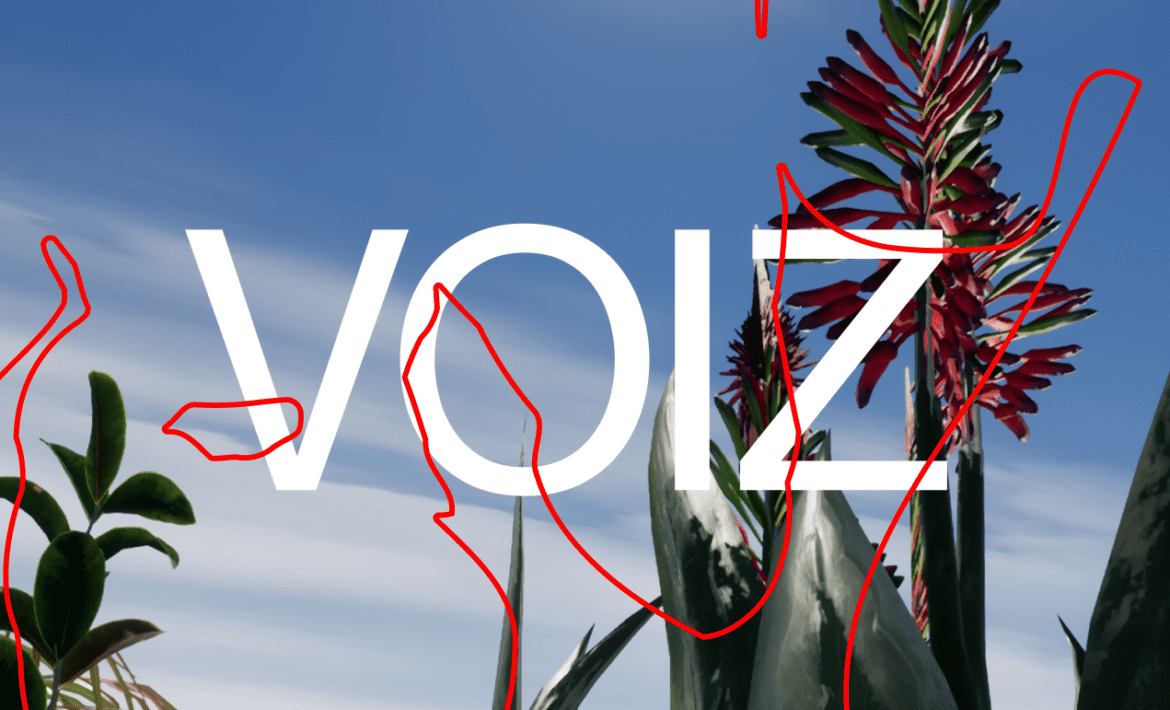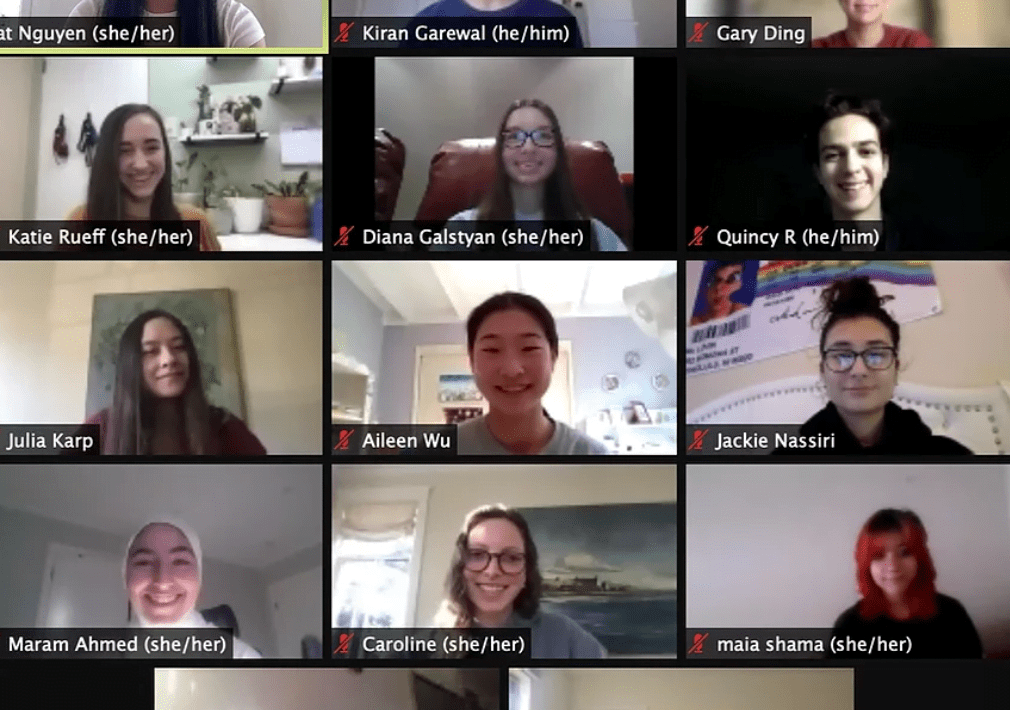Isabel Key on Nature-based Solutions and ‘Climate Science’
Isabel Key is a Cambridge University Natural Sciences graduate and co-founded the educational platform Climate Science. She now works at the Nature-based Solutions Initiative in Oxford. Here’s Isabel in her own words talking about her education, work and experiences:

About Me
I studied Natural Sciences at the University of Cambridge, with a biological focus. My undergraduate studies gave me a grounding in a variety of aspects of biology, from molecules and genes, to ecosystems and how they interact with the climate. I’ve long had an interest in nature and climate change, and despite entertaining the idea of several different routes post-university (such as genetic engineering of plants, and carbon capture & storage), I inevitably ended up following my initial interests. Acknowledging that climate change is likely the biggest threat we face as a society, I knew that I wanted to work on something to combat the climate crisis, ideally incorporating my ecological knowledge and interests. I talked to lots of people, scrolled through job advertisements, and read university research group descriptions; I was lucky enough to happen upon the Nature-based Solutions Initiative at the University of Oxford, and after a few weeks of volunteering was offered a part time job as a research assistant and admin-help.
What Are Nature-based Solutions?
Nature-based solutions (NbS) are ways of working with nature to benefit both people and biodiversity. They involve protecting and restoring natural habitats, managing natural and agricultural lands, and ‘creating’ novel environments, such as urban parks and green roofs. They can have multiple, diverse benefits: for example, restoring a mangrove forest reduces coastal erosion and protects communities from the impacts of cyclones, whilst supporting local fisheries, being a biodiverse habitat for wildlife, and storing carbon. In this way, among other benefits, nature-based solutions can help communities adapt to the impacts of climate change, and contribute to climate change mitigation (reducing carbon sources and increasing sinks). However, they can only be effective if we also drastically reduce greenhouse gas emissions; rapid climate change would in many cases undermine the ability of an ecosystem to benefit people.
Oxford’s Nature-based Solutions Initiative
The Nature-based Solutions Initiative is a small, dedicated and enthusiastic team working to synthesise the scientific evidence on how to implement successful NbS, and use this information to inform further scientific research, improve practice in the field, and direct climate change, development and economic policy. We also have off-shoot programmes in Bangladesh and Peru, with teams investigating nationally relevant NbS to feed into government policy. I have had a number of roles in the team, including: writing a systematic review of NbS in tropical forests, creating short articles for the website, drawing graphics, tweeting, and organising an online conference. The focus of our work is driven by events in policy and the media, making it a faster moving environment than many academic research groups; sometimes we feel more like a start-up!
What is ‘Climate Science’?
Prior to working on nature-based solutions, I co-founded an educational organisation called Climate Science, which provides free education on climate change through social media and a smartphone app. We started off with an Instagram page in July 2019, which grew a great following surprisingly quickly. Working on Climate Science taught me many things, including the power of artwork for science communication, the huge potential of social media for education, and the ability of the internet to bring together passionate people from all over the world who are willing to volunteer their time for a common cause. I am currently taking a more advisory role in Climate Science, allowing me to focus on nature-based solutions, but it is growing into an influential platform with fantastic potential for engaging all ages in ‘solving’ climate change, with community networks in multiple countries and many exciting plans such as providing lesson plans for schools.
Future Plans
I am hoping to study for a Masters or PhD in a years’ time; the topic is of course uncertain, but I would like to look at how to maximise the effectiveness of nature-based solutions. A current knowledge gap is the contribution of biodiversity (i.e. the number and diversity of species in a habitat) to the resilience of nature-based solutions to climate change. This would likely involve working in the field – something which I have done much of in the past, but miss – I believe being immersed in nature is irreplaceable for really understanding how it works and we can use and protect it.
Over the coming years, I hope that I can use science research and effective communication to help improve the relationship between humans and the natural world, and aid society on a path towards a sustainable, harmonious future.



